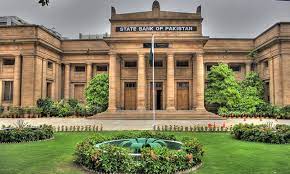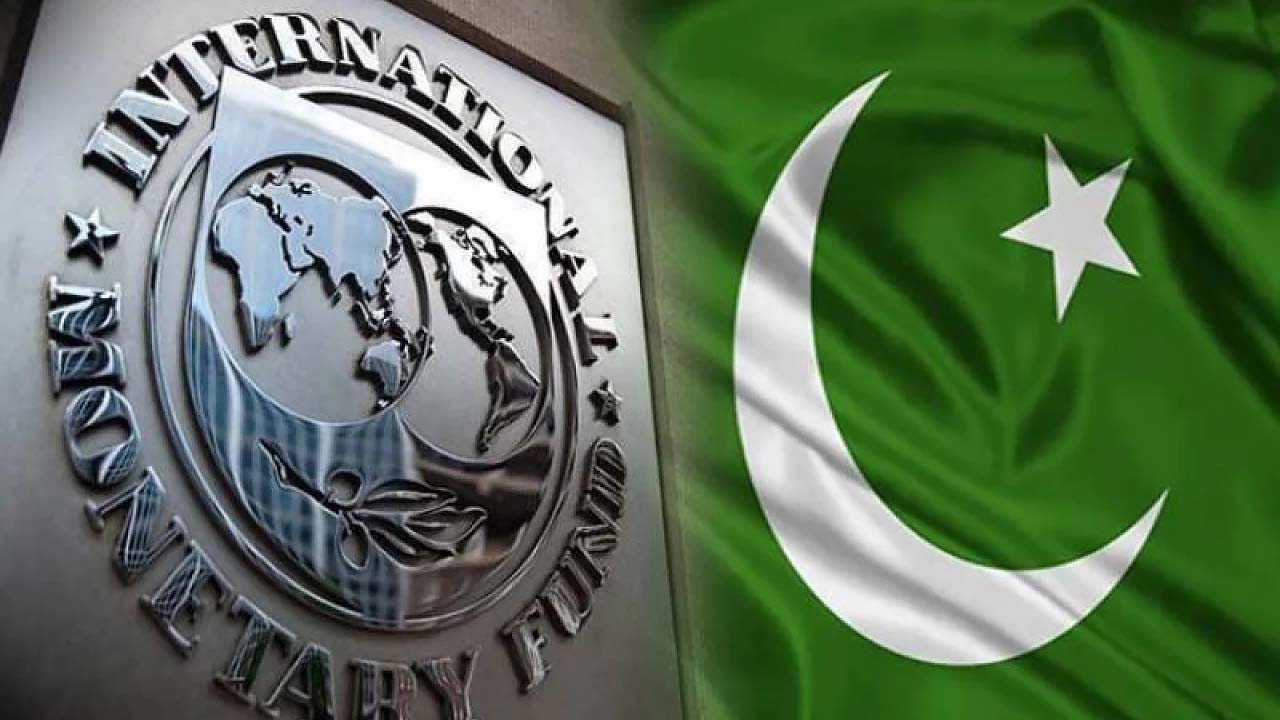PTBP Web Desk
The State Bank of Pakistan (SBP) has reiterated its directive to financial institutions in the country to refrain from engaging in transactions involving Virtual Assets (VAs). This decision, originally issued in 2018, has been re-emphasized following public discussions during the 14th meeting of the National Assembly’s Standing Committee on Finance and Revenue.
The SBP explained that its 2018 circular to regulated financial entities—including Banks, Development Finance Institutions (DFIs), Microfinance Banks (MFBs), Electronic Money Institutions (EMIs), Payment System Operators (PSOs), Payment Service Providers (PSPs), and Exchange Companies—was not based on a declaration of cryptocurrency as illegal in Pakistan. Rather, it was a precautionary measure taken due to the absence of a clear legal and regulatory framework for virtual assets.
According to the SBP, the lack of regulatory clarity around virtual assets poses significant financial, operational, and legal risks for both institutions and customers. These risks include the potential for money laundering, terrorist financing, and consumer fraud, particularly in the absence of oversight mechanisms.
The central bank emphasized that the goal of its guidance is to protect both the financial system and the public. As such, it advised its regulated institutions not to participate in activities involving cryptocurrencies or other forms of digital tokens, until a comprehensive legal structure is established.
The SBP clarified that it has not declared virtual assets illegal in Pakistan. The directive should not be misunderstood as a ban, but rather as a regulatory safeguard until appropriate legal instruments are in place. This clarification comes in response to some misleading reports and media interpretations that portrayed SBP’s position as a blanket prohibition.
This distinction is important, particularly as Pakistan sees increasing interest in digital financial innovations, including blockchain and cryptocurrency trading platforms. Without proper regulation, these innovations can expose the financial sector to heightened risks.
In a significant development, the SBP announced that it is actively working with the Finance Division and the newly established Pakistan Crypto Council. This body, created by the federal government, aims to explore, design, and implement a comprehensive legal and regulatory framework for virtual assets in Pakistan.
The SBP stated that the ongoing engagement with the Crypto Council will help develop the necessary structure that can ensure consumer and investor protection, market transparency, and anti-money laundering (AML) compliance. Once finalized, this legal framework would provide much-needed clarity on the status and operations of virtual assets in the country.
The move represents a positive step toward crypto regulation in Pakistan, potentially paving the way for the safe and responsible use of digital assets under a clear legal umbrella.
Globally, central banks and financial regulators are grappling with similar challenges. Countries like the United States, United Kingdom, and United Arab Emirates are actively crafting regulatory frameworks for crypto assets, aiming to balance innovation with financial security.
Pakistan’s approach reflects a cautious but progressive outlook. Instead of rushing to ban virtual currencies outright, the SBP is opting for a methodical process of understanding and addressing the risks while working toward a regulated ecosystem.
This approach aligns with the practices of other emerging markets that are also witnessing a surge in crypto adoption, often driven by youth engagement, remittances, and fintech innovation.
SBP’s directive remains binding for all financial institutions under its regulatory domain. Banks, microfinance institutions, and payment service providers are prohibited from facilitating any transactions involving virtual assets—whether for investment, trading, or transfers—until formal rules are in place.
For customers, this means that buying or selling cryptocurrencies through regulated financial channels in Pakistan remains restricted for now. However, once the regulatory framework is implemented, this stance may change.
Until then, the general public is advised to exercise caution when dealing with unregulated virtual asset platforms, many of which operate without compliance with local or international financial standards.




